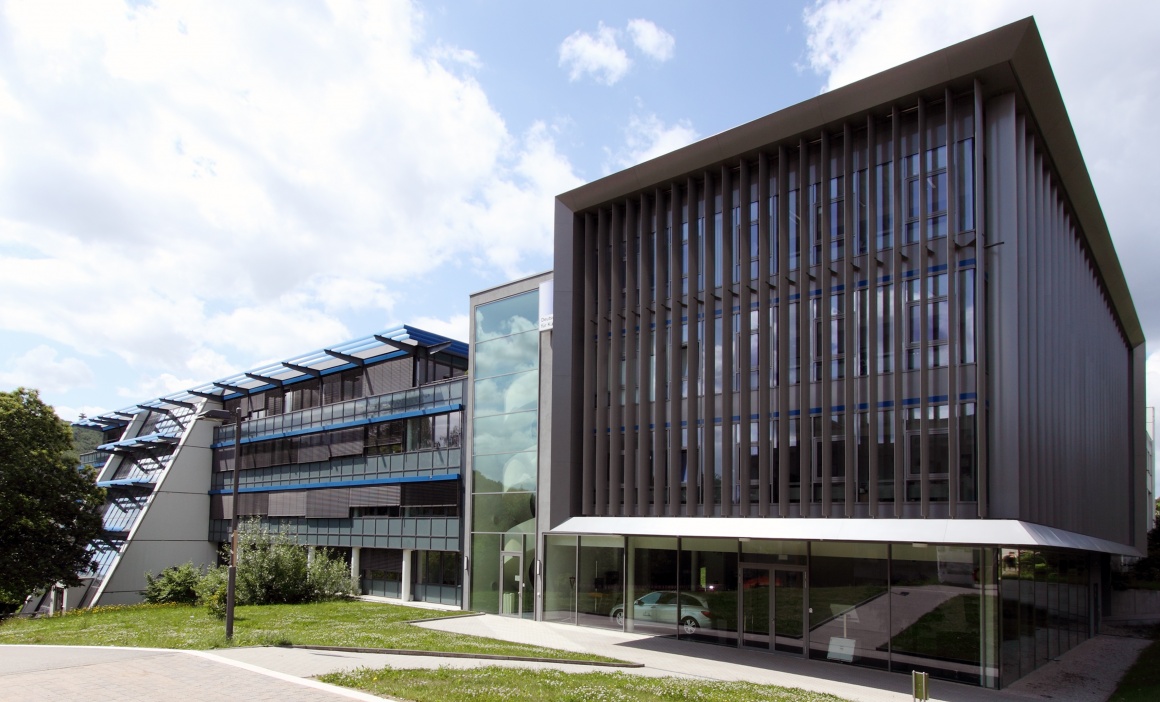When we shop, many of us are unaware that artificial intelligence helps retailers – in both online and offline settings – more often than we realize. One who is intimately involved in this process along with his Research Center is Professor Antonio Krüger, CEO of DFKI since 2019.

Professor Krüger, why is artificial intelligence becoming increasingly popular as a solution for retailers?
Antonio Krüger: Artificial intelligence has become a key element in retail, especially in the world of online shopping. Many retail businesses use it to power their product recommendation engine, which delivers personalized suggestions to customers. Having said that, brick-and-mortar retailers also use AI to drive website optimization or optimization of leaflet promotions. In this case, AI can be utilized to determine where which content is displayed. We have not reached the full potential yet in this setting.
Another application of AI could be demand forecasting. It is apparent that there is still room for improvement in the food retail industry, for example, given that the levels of retail food waste are still high. There is clearly something wrong here. So we must ask ourselves: why is there a discrepancy?
Part of it is due to a lack of knowledge and bad forecasting models. This is where AI could help, which would also be desirable from the customer's perspective as artificial intelligence can predict personal consumption. It is also conceivable that AI automatically places reorders of food items and has them delivered to the customer’s home.
How can small retail businesses benefit from using AI, also as it pertains to online shopping?
For retailers, there are more and more cloud-based AI options and platform services. Small retail stores can use these AI building blocks as part of e-commerce platforms. Lately, we can see a marked increase in this area. Amazon already offers this in part via its Amazon cloud computing services. SAP is another example, which partially already provides AI as a service in the cloud.
Is there a comprehensive use of AI technology in the brick-and-mortar sector?
In brick-and-mortar retail, AI is used for planning purposes such as category management optimization. We have also used it in part for price optimization. Initial attempts with AI-powered dynamic pricing have been successful in specific areas, such as the fresh food and produce area.
Other aspects that might be interesting from the customer’s perspective include digitization in the market, search functions for customers or AI-powered shopping lists. While this is not a topic that is specific to AI, it does pertain to digitization that affects the consumer and denotes aspects AI can be built on. In-store navigation systems are a practical tool for customers as they will move through the store according to the contents on their digital shopping list. Globus Markt is now planning to use this type of comprehensive navigation system. This also benefits retailers as they gain new insights into customers and customer paths. They can use this as a foundation to add more AI-powered features and services. Some options might include a product recommendation system or discount application in the supermarket.

What does your current retail industry research entail?
We are primarily interested in the customer perspective. We examine all conceivable digital retail innovations from the customer's point of view. We predominantly enhance service solutions, recommendation engines, and navigation systems. Digital budget planning also plays a major role. This pertains to the strategic management of customer purchases and demand forecasting, as well as subscription automation solutions.
Are these projects primarily aimed at online or brick-and-mortar retailers?
We are interested in projects that digitally connect both channels. As an example, we teamed up with Möbel Martin in Saarbrücken to develop a VR furniture configurator that is not used at home, as is the case with many VR visualization platforms today. This solution is only available at the store, offering the advantage of lounging on an actual couch, where you then put on the VR glasses and virtually swipe through different materials to sit on. This allows customers to have a spatial perspective of the furniture, while they are sitting on it. With other solutions, you only get a virtual experience and have no tactile sensation.
Is there something in brick-and-mortar retail you would like to change?
I find the classic barriers in the checkout zone particularly irritating. It would be great if we could somehow eliminate them so that a store seems more open at the end. There are several concepts out there, but none of them are mature enough to where they could easily be implemented in any grocery store.
Venturing into the future, what will come after AI?
AI always starts with AI because you could also call artificial intelligence the future of computer science. Once AI has fully moved into the mainstream, it will disappear from the realm of artificial intelligence and new things will be considered AI. Here is an example to explain this: when the first chess computer in the 1990s beat the reigning world champion at the time, the feat was seen as a major milestone in the AI community. These days, nobody would consider a chess-playing computer program to be a true, unique AI system. And this just shows you how the definition of AI and what makes for a successful IT system will always change its meaning over time. That’s why I think that the future of AI innovation is driven by today’s AI innovation.










